How to Run Effective Committee Meetings
Community groups should hold regular committee meetings as stated in their constitution. This page will cover your group's day-to-day operations. Use it to plan ahead and know your committee roles.
Adhere to your Constitution
Your constitution sets out how your group must run. It is good practice for all committee members to have a copy of the constitution and to make themselves aware of its content.
Committee members should also consider the Charity Commission for NI’s public benefit guidance.
Committee Meetings
You should hold regular committee meetings as per your constitution. Agendas should be sent to all members before the meeting.
A typical agenda may include:
Welcome & Apologies
Previous Minutes (agree these are an accurate record)
Matters Arising (issues still to be addressed from the previous meeting)
Treasurer’s Report (committee should be advised of monthly income and payments to the group)
Main Items of Business
Any Other Business
Date of Next Meeting
To be effective, committee meetings should focus on the agenda so that they don’t overrun. If you have attended meetings on behalf of the group, it is important to provide feedback at your committee meeting and make any decisions as a group.
Committee Roles
THE CHAIRPERSON
A good chairperson is responsible for the smooth running of committee meetings, ensuring all committee members have their say. They should be aware of the work being done by the group and all committee members. They should also meet with the secretary and treasurer as/when required.
Role of Chair at Committee Meetings:
Keep to the agenda.
Ensure decisions are made (as required). Make sure everyone knows what has been agreed.
Remain impartial; don’t take sides. Focus on the facts.
Be mindful of committee members’ body language and choice of words, as this will help tell you how they are feeling.
Do not let one committee member dominate the conversation. Ensure everyone is given a chance to share their views.
All questions should come through the Chair.
THE SECRETARY
A secretary is usually the main point of contact with its members and the local community. They are responsible for group record keeping, such as meetings and correspondence.
Role of Secretary at Committee Meetings:
In conjunction with the Chair, develop an agenda for your meeting.
The agenda should be issued to committee members in advance. This will inform them when and where the meeting will take place.
Ensure any necessary paperwork is ready for the meeting, such as minutes, agenda, flyers etc.
Keep minutes to record attendees and what was discussed and agreed upon. Assign actions to committee members.
Record only committee business and information which is relevant to the group.
Report on any information received prior to the meeting and, as required, agree on a group response.
Ensure minutes are in a suitable format for committee members and send out as soon as possible after the meeting.
If you need help laying out your minutes, please speak to your Supporting Communities’ Community Development Officer.
THE TREASURER
The group treasurer will manage the group’s finances and inform committee members about its income and payments. The treasurer should also ensure that the group does not overspend.
All committee members should be aware that they are all responsible for the financial management of the group.
See the following topics for more information:
ALL COMMITTEE MEMBERS
The overall running of the group falls to all committee members, not just the office bearers. Each committee member has a responsibility to keep themselves informed on the day-to-day running of the group, should be aware of and practice good governance, undertake training as required, contribute to the running of the group and share their views as/when required.
Committee members should also refer to the DIY Committee Guide, which has lots of useful information on how to support good governance within your group. You can also consider signing up to a code of conduct to help make meetings and the group's general running more effective.







